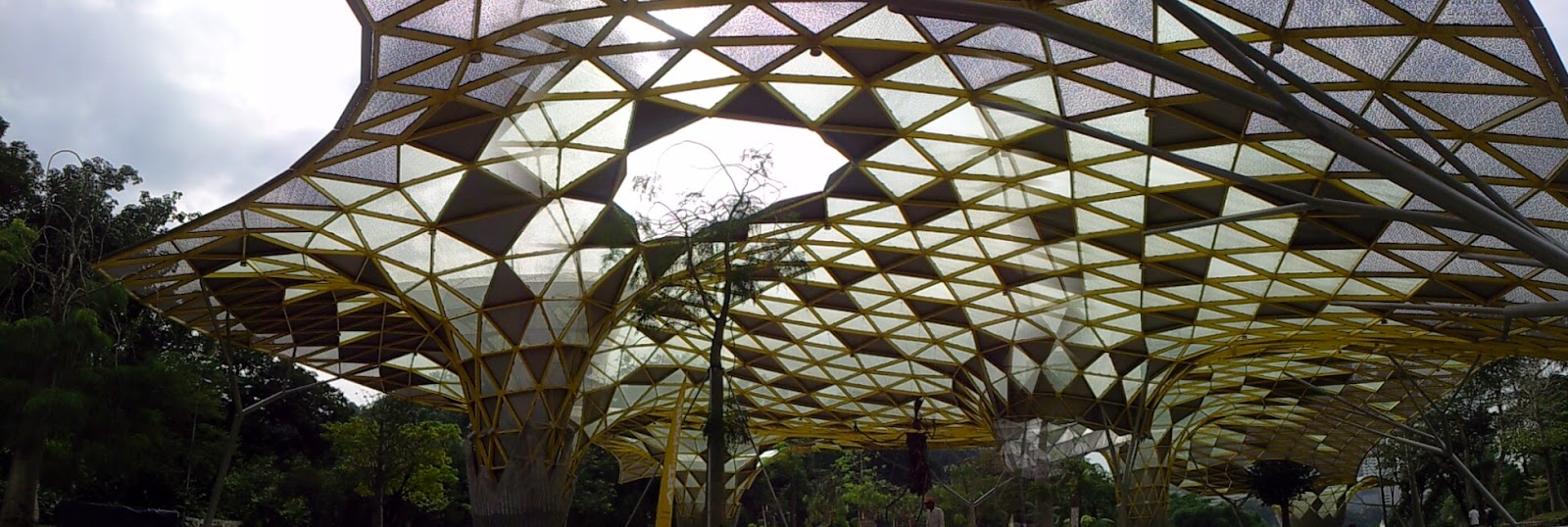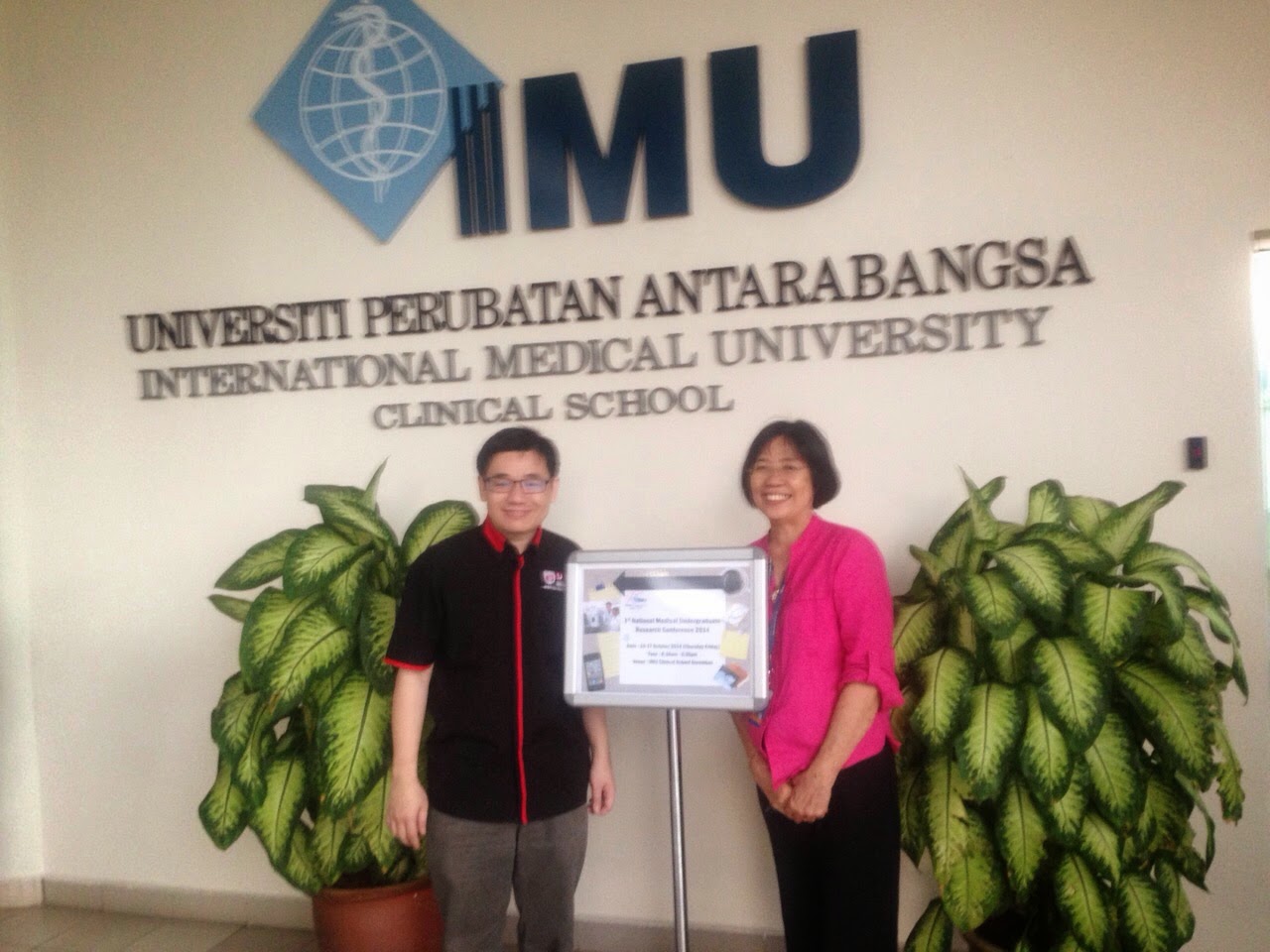Are we mindful of our train of thoughts? Click on image for sound effect...
Song: A hundred miles, a hundred miles...Let's be mindful of our train of thoughts...When you hear the whistle blowing, it's time to NOW...
One of the common problems that we encounter is being caught and driven away by unhelpful train of thoughts (see above). We're particularly vulnerable when our mood (e.g. depressed) is congruent with the thoughts (e.g. I'm a burden to others). Here are some strategies to cope with such challenge:
1. Foremost, be mindful that thoughts exist and they have the power to influence how we feel and behave. Subjectively, thoughts are often experienced as inner chatter or dialogue. It's like a radio channel broadcasting in the head. Thoughts can also be in the form of images; like TV channel in the head. Learn to recognize the existence of thoughts.
2. Practice relaxation exercises (e.g. deep breathing, pleasant imagery, progressive muscle relaxation, mindful walking) to calm the mind and body. When we're emotionally stable, we're in better position to manage our thoughts. Else, we'll easily slip at the railway track, fall and be swept away by the train of thoughts. Relaxing the body also helps to calm our thoughts; the train of thoughts slows down. Furthermore, exploring and understanding our thoughts (see no. 4) need mental stability. So, relaxation practice is a helpful start. This method is like training ourselves to stand firm and stable by the side of railway track.
3. Shift our attention to sensory experience, instead of the emotionally charged thoughts. We can use the acronym, 'H.T.C.' (inspired by HTC brand cell phone with its slogan, "brilliantly quiet") to remind us to pay attention to sounds (Hearing), sensations (Touch), and sights (C/Seeing) in the present moment. This helps to anchor our attention to something neutral or pleasant (e.g. 'H.T.C.'of seeing birds chirping and feeling warm sensation on the chest). In this way, there's lesser chance of being lost in thoughts; and time-traveled to haunted past (e.g. guilt) and future (e.g. worry). This method is like shifting our attention to other railway tracks without train.
4. Explore and understand the train of thoughts with a beginner's mind attitude (fresh perspective). Be mindful of where they originate (e.g. past conditioning of strict parenting and punitive education system). Be mindful of how they're often reactivated (e.g. when we're overworked and tired). Be mindful of how they usually subside (e.g. when we practice relaxation exercises - see no. 2). Remind ourselves that thoughts may not be facts or completely true; don't be spammed by thoughts. We can re-examine the thoughts when we're calmer. Another option is to get second opinions on what we think. That's how we can relate to our thoughts with wisdom, instead of blindly believing them - thoughts may not be facts.. This method is like getting information on the history and pattern of the train before getting on board.
5. Accept reality and brainstorm action plans. At times, out thoughts can be true; there's a real challenge that is not distorted by thinking error, e.g. "I've failed in the examination. I'll need to resit and that involves extra cost." In such situation, the more helpful way is to "A.A.M." (Accept, Adjust & Move On). This involves asking ourselves, "What can I do about it now?" (problem solving mode). The solutions could be working part time to get more money, studying smarter, getting help in studies, etc. Such approac is definitely more helpful than just asking, "Why?! Why?! Why?!" without any action plan (rumination mode). This method is like using alternative transport system when the train isn't operating.
6. Engage in meaningful activities, e.g. exercise, voluntary service, and learning new skills. The new experience can change our perception of life and reprogram our thoughts. Many people find doing something physically is much easier compared to methods mentioned in no 3 and 4 (more mental). This method is like taking another train at a different station.
7. Intentionally cultivate positive, healthy and helpful train of thoughts. Instead of aimlessly waiting for the train to come and drive us to nowhere, we can make purposeful choices on which train to take and where to go. We can learn to deliberately focus on helpful thoughts. Of course, this requires training. One of the useful tools in the Mindful-Gym program is known as "Google-WWW-Yahoo." When we're in a train or train station, we can make effort to mentally search (Google) for the blessings (WWW - What Went Well) in life, and rejoice/celebrate (Yahoo). With regular practice, the brain will rewire to stay positive, Yeahoo! This method is like making a choice on which train to take for a planned destination.
8. Stay a distance from and dilute the thoughts with strategies known as 'cognitive defusion.' These are some options: 1. Convert the thoughts into lyrics and sing a song (e.g. "Auld Lang Syne"), 2. Imagine that you can cut-and-paste the thoughts on clouds in the sky and let them drift away 3. Imagine a cute parrot verbalizing your thoughts. These strategies help to create a psychological space between us and the thoughts. Doing so avoids drowning in thoughts and gives us better choice in handling them. This method is like distancing ourselves from the railway track and remind ourselves - we don't have to get on board all trains.
9. Practice Mindful Self-Compassion. Sometimes the train of thoughts are very sticky and stubborn. We're trapped at the train station; the train doesn't move and we can't move (none of the methods mentioned above are helpful). Worse still, we feel helpless and disappointed because we fail to conquer the thoughts. How? That's when 'Self-Compassion' is life-saving. First, I'll gently remind myself that we have no complete control over thoughts; they come and go according to conditions (that's how thoughts behave). Going against this reality is like jumping from a building to defy gravity. Second, i'll remind myself that I'm not alone; many others experience the same struggle with thoughts. Gradually, I'm getting wiser in forming a harmonious relationship with thoughts. Third, I'll remind myself to be gentle with myself, like coaxing a crying baby within. The discomfort from 'thought attack' is already bad enough; let's be kind to ourselves. Before long, all will pass, and we'll be 'home' again. This method is like accepting the imperfection of train system, making peace with it, while appreciating the benefits.
10. Check if our mood is conspiring with thoughts to deceive us. Real may not be really real - learn not to be spammed by thoughts. Our perception and thoughts are often colored by mood/feeling/emotion. As a general rule of wisdom, try to postpone any major life decision when we're confused or don't feel well (e.g. tired, moody, anxious). This method is like not getting on board the train despite all other passengers do so. May you have a happy and harmonious relationship with your train of thoughts.
Song: A hundred miles, a hundred miles...Let's be mindful of our train of thoughts...When you hear the whistle blowing, it's time to NOW...
By Dr. Zhen-Phang
Yes, let's be mindful of our train of thoughts...
Note: Mindfulness is remembering to pay beginner's mind, kind, and wise attention to the present moment, which includes the 'mindscape' of thoughts.































.jpg)






